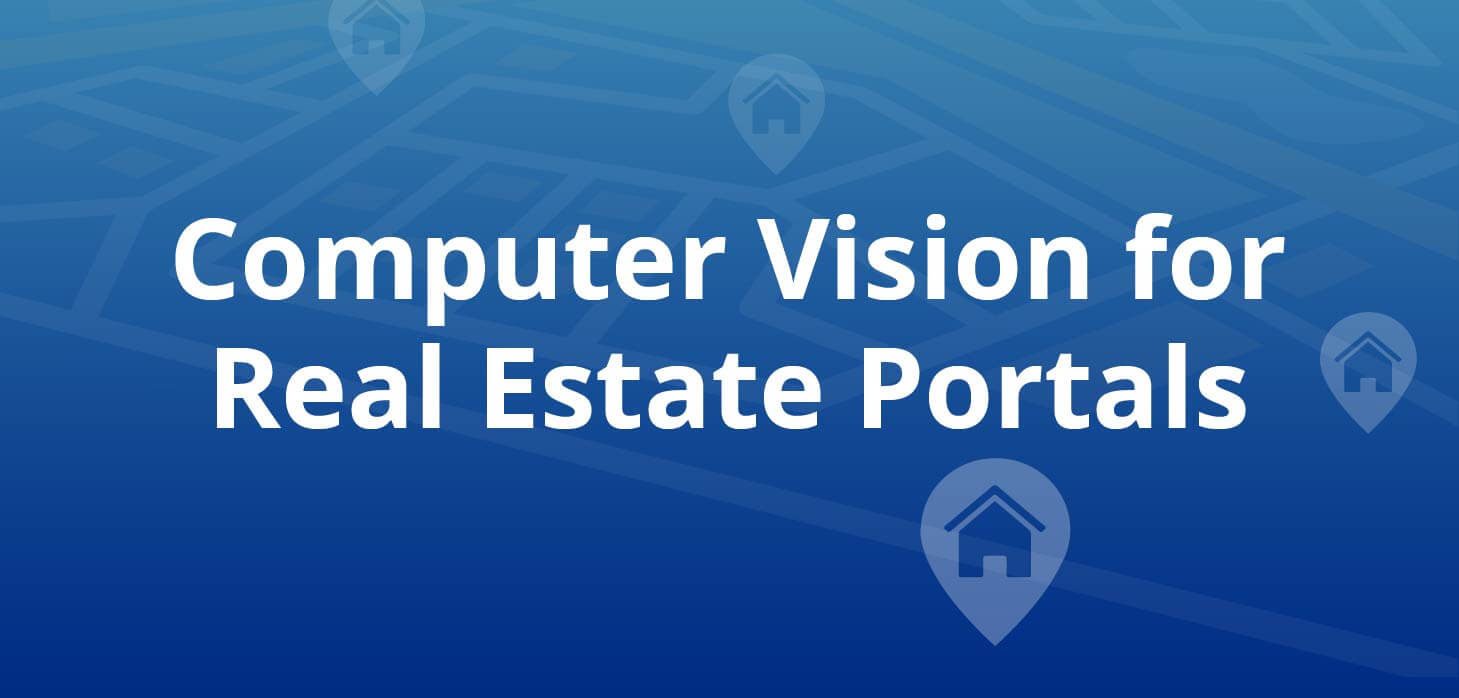By Restb.ai on 18 January 2018
Never has the expression “Seeing is believing” been truer than during the journey to find a home. No one chooses a property without seeing it first. Now, with nearly everyone in the modern world savvy about searching for information on computers, people expect to see photographs of properties online before they call a real estate agent.
Agencies need to ensure their property websites provide amazing customer experiences to draw and keep prospects. Leading real estate portals are turning to artificial intelligence and computer vision to attract and keep followers.
Computer vision increases the value of real estate websites in five critical ways:
1. Customers can use natural language to search for information;
2. Computer vision positions property listings for searches on mobile devices;
3. The technology increases the number of images websites can support;
4. Companies reduce the administration involved with millions of photos;
5. Websites rise higher on Search Engine Results Pages (SERPs) than they would without computer vision.
What is Computer Vision?
Computer vision is a branch of Artificial Intelligence (AI) technology in which the software learns to recognize objects, features and settings in images relevant to what customers are looking for. Computer vision for real estate identifies, categorizes, and correlates real estate-specific features and settings that present consumers with results that match their expectations.
The key to providing the level-of-detail customers now search for online is image tagging. Tags cross-categorize the details of images to provide targeted results rich in relevant detail.

Searching the way they speak
By March 2016, 55% of teens and 41% of adults already used voice search. In May 2016, Google CEO Sundar Pichai cited that 20% of all searches were voice-activated.
So, instead of typing an awkward query like, “Barcelona, two-bedroom fireplace,” users are saying into their devices statements like, “I need a two-bedroom flat with a fireplace and hardwood floor overlooking water in Barcelona.”
And they are expecting devices to answer back in kind. So, besides displaying images of real estate that match their requirements, people are coming to expect platforms to verbally tell them about properties. Computer vision makes that a reality by assembling natural language descriptions of what is in photographs.
Searches on mobile devices increasingly popular
There is little space on mobile phones for wordiness. Besides which, users expect to see — tour, even — properties on their phones and tablets. With 50 percent of all online searches already occurring through mobile devices, property listings have to be image-rich and loaded with detail that users can listen about through their devices.
And results have to appear on mobile devices in a split second. That means the website has to have categorized and annotated millions of images before customers begin their property searches.
Customers expect a rich collection of properties online
Users expect that online portals have thousands - if not millions - of images on hand. However, they do not want to spend more than a handful of minutes to find the properties that match their requirements. Restb.ai’s computer vision software tags and logs detailed descriptions of thousands of pictures within a few seconds. The high degree of categorization makes it easier for websites to display relevant results to queries in the blink of an eye.

Reduce the administration involved in managing millions of images
Real estate agents don’t want to be writing descriptions, editing taglines or policing the quality of millions of images. Instead, they want to be out greeting and meeting customers while computer vision catalogs the pictures and assures the quality of the images.
The best customers are those who believe a property they found online was meant for them; images were of such high quality and listings descriptive and complete enough that all they need is to verify in person they’ve found their dream home. Experienced real estate agents know they can close more deals faster with customers who already feel an affinity with a property.
Search Engine Results rise with enhanced image metadata
The work involved in writing all those tags and detailed descriptions of property images just goes away with computer vision. The technology uses real estate-specific descriptions only on the features and objects in images that matter to customers and agents alike. The most-used search engines - like Google and Bing - pick up on the level of authority and frequency of the real estate detail to elevate an individual’s website in results pages. With thousands or even millions of such accurate descriptions, search engines promote websites far more than those without the same level and quality of detail.
Higher online search rankings mean real estate agents have to spend less time with website administration, and more time signing at the bottom of sales and rental contracts for happy customers.




comments